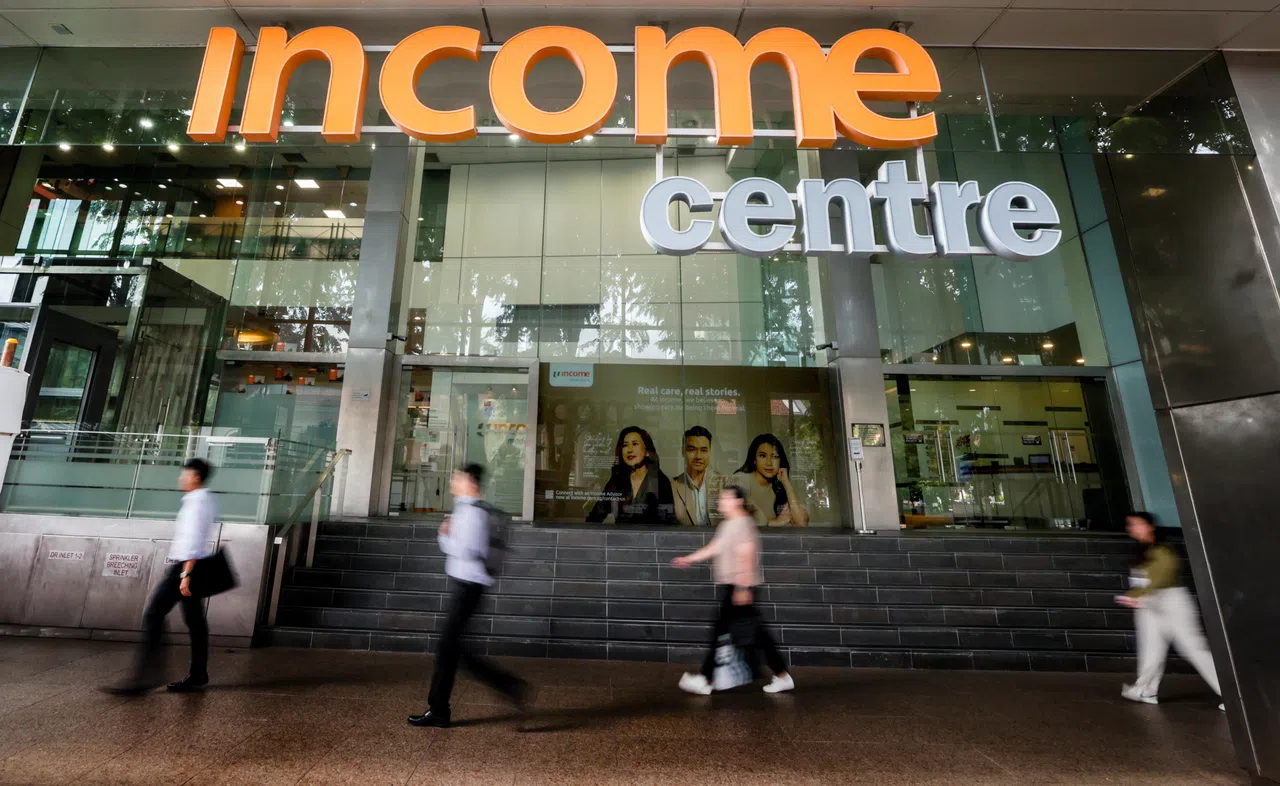INCOME Insurance needs adequate capital in order to stay financially sustainable, National Trades Union Congress (NTUC) leaders said on Monday (Aug 5), following public unhappiness over its proposed sale of a majority stake in the insurer to German financial giant Allianz.
In a joint statement, NTUC president K Thanaletchimi and secretary-general Ng Chee Meng said that Income will continue to offer two low-cost schemes for union members and keep premiums “affordable for policyholders, especially those in the lower-income segments”.
The first is NTUC Gift, a group insurance policy for members of NTUC-affiliated unions and associations, with premiums fully paid by NTUC and co-payment from the affiliated unions. The second is Income Insurance Luv life insurance, a group term life insurance policy for NTUC members.
“NTUC will ensure that Income upholds this commitment,” said Thanaletchimi and Ng.
The joint statement comes after Allianz said on Jul 17 that it plans to acquire 51 per cent of Income Insurance at S$40.58 per share. The deal amounts to some 1.5 billion euros (S$2.2 billion).
NTUC Enterprise Co-operative (NE) currently owns around 72.8 per cent of the insurer, represented by about 78 million shares out of the total 107.2 million shares as at Dec 31, 2023, based on Income’s annual report. The balance is held mainly by retail investors.
BT in your inbox
Start and end each day with the latest news stories and analyses delivered straight to your inbox.
In Monday’s statement, Thanaletchimi and Ng said: “For Income, the key to financial sustainability is capital adequacy.”
They noted that the insurer’s capital buffers have repeatedly come under pressure: from the Asian Financial Crisis in 1997, through Sars and the Global Financial Crisis in 2009, to the Covid-19 pandemic.
“NTUC Enterprise itself has put in significant amounts into Income over the years. Between 2015 and 2020, including when Covid-19 hit us, NTUC Enterprise injected a total of S$630 million into Income,” they said.
“As a shareholder, NTUC Enterprise will continue to support Income. But it cannot do so alone,” they added.
That is why Income was corporatised in 2022, so the insurer would have greater access to capital. Post-corporatisation, Income explored options with both foreign and local financial and non-financial institutions.
“Retaining majority shareholding and keeping Income locally owned would have been ideal, but unfortunately, there was no alignment of interests,” they said.
Income eventually found Allianz’s credentials to be “the strongest, with the interests of both sides aligned”.
“A strong industry leader would give Income the backing of two strong shareholders,” said the statement.
The pair said Income, set up in 1970, was a key pillar of Singapore’s social infrastructure in its developing years, but the landscape has changed dramatically over the last 55 years.
Back then, most workers were uninsured, and Income was able to provide them with much-needed insurance protection at affordable rates, leveraging NTUC’s affiliated unions.
“Singaporeans today, including lower-income workers, are well served by our national insurance programmes and our competitive and well-regulated insurance industry,” they said. Public healthcare is subsidised, while the government provides universal healthcare coverage with MediShield Life.
Meanwhile, Income’s market share has fallen to less than 10 per cent by value, based on data by the Life Insurance Association.
“In this fiercely competitive environment, it became plain that Income can only continue to fulfil its social mission if it has access to additional resources and the ability to scale,” said the statement.
For Income to meet its long-term commitments to policy holders, it has to be sufficiently capitalised now and “well into the future”. The offer from Allianz will therefore help to secure this, with the NTUC Central Committee supporting NE’s consideration of the Allianz offer, said Thanaletchimi and Ng.







